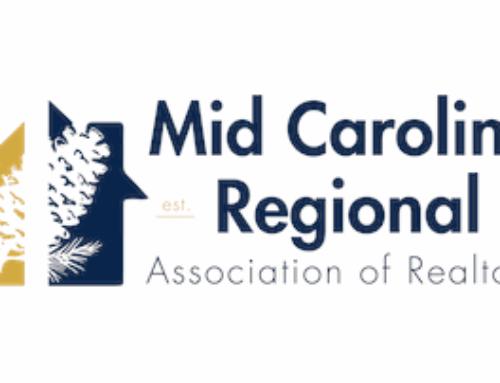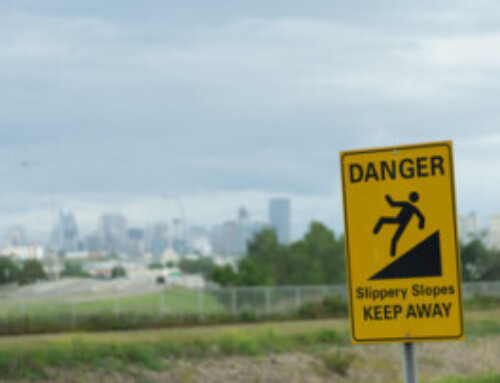 For years, I have strenuously maintained that when I fly West, especially to Hawaii from the West Coast, I never have been jet lagged. But when I fly to Europe from Seattle, if I don’t follow all the jet lag management tactics I’ve learned over the years, I’ll pay the price. Many fellow business and active leisure travelers told me I was nuts.
For years, I have strenuously maintained that when I fly West, especially to Hawaii from the West Coast, I never have been jet lagged. But when I fly to Europe from Seattle, if I don’t follow all the jet lag management tactics I’ve learned over the years, I’ll pay the price. Many fellow business and active leisure travelers told me I was nuts.
It turns out, according to Sleep Medicine Physician Dr. Susan Rausch of Seattle’s highly-acclaimed Sleep Disorders Center at Virginia Mason, I was right all along. Our bodies are physiologically wired to “Go West.”
What we are doing, according to Dr. Rausch, is disrupting our circadian rhythms. What’s that? That’s our 24-hour internal clock that runs in the background of our brain, cycling between sleep and being awake and alert at regular intervals. In other words, it’s our sleep/wake cycle.
A big impact on our circadian rhythms is light. In the most simplistic terms, when it gets dark, our eyes send a signal to the brain, which tells our body to release melatonin, which makes us tired. When we disrupt our routine – life flying across time zones, or staying up to the wee hours of the morning, or even a change like daylight savings time, our body reacts.
Jet Lag Solutions
Over the years, I’ve collected an array of tips and tactics for avoiding jet lag, and for the most part, I have been successful. When I recently met with Dr. Rausch, she shared with me a tip sheet on “Jet Lag Management” that included something I had never seen before wished I had: two different strategies for East versus West travel.
Here is a summation of this nifty little handout, timely for the long holiday travel I am sure many folks will soon be taking. I hope this helps, but don’t thank me – thank Dr. Rausch!
East Travel:
- Before you start your East Coast trip:
- Move up your bedtime: you need to go to bed earlier, or “phase advance” because going East is a more difficult direction for your circadian rhythm to adjust.
- Start your sleep period 1-hour earlier three days before your trip, another hour earlier two days before your trip, and another 30 minutes the day before you begin your trip for a total shift of 2.5 hours for those 3 days.
- Make sure you are in bright light for at least 1 hour upon waking
- To help you sleep, you can take 1-3mg of Melatonin 5 hours before bedtime if needed (optional)
- Upon and after arrival:
- Get into the morning light – go outside (alternative is a lightbox – evenly dispersed light)
- Avoid afternoon light the first day
- Take a short nap before 3 pm for less than 30 min
- To help you sleep, you can take 2-5mg of Melatonin at bedtime if needed, up to 4 nights (optional, and Melatonin should be avoided by those who are pregnant)
- If you need extra help sleeping, take a sleeping pill (i.e., zolpidem 5-10mg) for up to 3 nights (optional)
- Follow *Sleep Hygiene protocol (see below)
West Travel:
- Before you start your West Coast trip:
- You need to delay your bedtime, or “phase delay” because going West will be easier for your circadian rhythm to adjust.
- Start your sleep period 1-hour later for four days before your trip, another hour earlier three days before your trip, another hour earlier two days before your trip, and another 30 minutes the day before you begin your trip for a total shift of 4.5 hours for those 4 days.
- Or the night before you travel, you can start your sleep period 4 hours later
- Or before you sleep, you need 2 hours of bright light (4000 lux) and then delay sleep up to 1.5 hours.
- Upon and after arrival:
- Avoid early morning light (use sunglasses, remain indoors)
- Maximize afternoon light – go outside (alternative is a lightbox – evenly dispersed light)
- Take a short nap before 3 pm for less than 30 min
- Consume caffeine, but avoid it close to bedtime
- If you need help sleeping, take a sleeping pill (i.e., zolpidem 5-10mg) for up to 3 nights (optional)
- Follow *Sleep Hygiene protocol (see below)
Short travel (1 or 2-day trips):
- Avoid realigning circadian rhythm
- Medication (short-acting sleeping pills or alertness medication may be preferred – optional)
*Sleep Hygiene:
- Follow a regular sleep/wake schedule
- Sleep in a dark, quiet, cool environment
- Avoid excessive alcohol or caffeine consumption when traveling
- Hydrate! Drink plenty of water
- Sleep as much as you can on long flights
- Eat meals at appropriate local times once arriving at your destination. This will help set your GI rhythm.
Many of these tips and tactics I have used successfully over the years. I forgo the medication recommendation. None of that worked well for me in the past. The sunlight tips are magical, as its something most people won’t want to hear. If you are flying East and arriving late, don’t drink alcohol on the plane. Drink plenty of water instead.
That final suggestion may sound harsh, but I’ve often found that’s the most significant trigger to jet lag. For a long trip, your body will be much happy, as will your mood. That will bring more happiness to those around you, a pretty good thing for the holidays, no?




